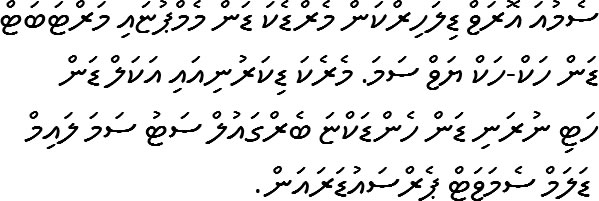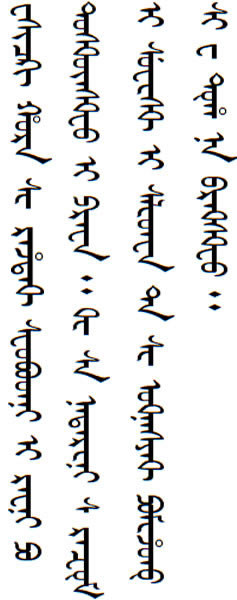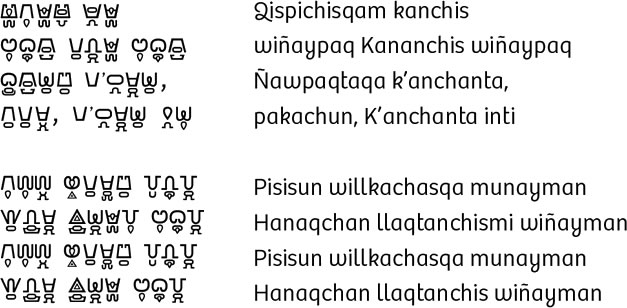Podcast: Play in new window | Download

Here’s the latest news from the world of Omniglot.
There are new language pages about:
- Darmiya (Dar’ma), a Sino-Tibetan language spoken in the state of Uttarakhand in northern India.
- Sengele (kɛsɛ́ngɛlɛ), a Bantu language spoken in southwest of the Democratic Repubic of the Congo.
- Mongo (Lɔmɔ́ngɔ), a Bantu language spoken in northwest of the Democratic Republic of the Congo.
- Gawri (ګاوری), a Dardic language spoken in the northwest of Pakistan.
New numbers pages:
- Sengele (kɛsɛ́ngɛlɛ), a Bantu language spoken in southwest of the Democratic Repubic of the Congo.
- Benga, a Bantu language spoken in southwestern Equatorial Guinea and northwestern Gabon.
- Kimbundu, a Bantu language spoken in the northwest of Angola.
There’s a new Omniglot blog post about Interlinguistic Conflicts, which is about how closely-related, or even unrelated, languages might fight for dominance in your head, and there’s the usual Language Quiz. See if you can guess what language this is:
Here’s a clue: this language is spoken in the northeast of India.
The mystery language in last week’s language quiz was Provençal (prouvençau), a variety of Occitan spoken in Provence in the southeast of France.
In this week’s Adventure in Etymology, we’re dawdling, dilly-dallying and shilly-shallying as we look into the origins of the word Procrastination.
On the Celtiadur blog there’s a new post entitled Modestly Humble, and I made improvements to the post about words for Free and related things.
Improved page: Bisu language page.
For more Omniglot News, see:
https://www.omniglot.com/news/
https://twitter.com/Omniglossia
https://www.facebook.com/groups/omniglot/
https://www.facebook.com/Omniglot-100430558332117
You can also listen to this podcast on: Apple Podcasts, Amazon Music, Stitcher, TuneIn, Podchaser, PlayerFM or podtail.
If you would like to support this podcast, you can make a donation via PayPal or Patreon, or contribute to Omniglot in other ways.
Radio Omniglot podcasts are brought to you in association with Blubrry Podcast Hosting, a great place to host your podcasts. Get your first month free with the promo code omniglot.






